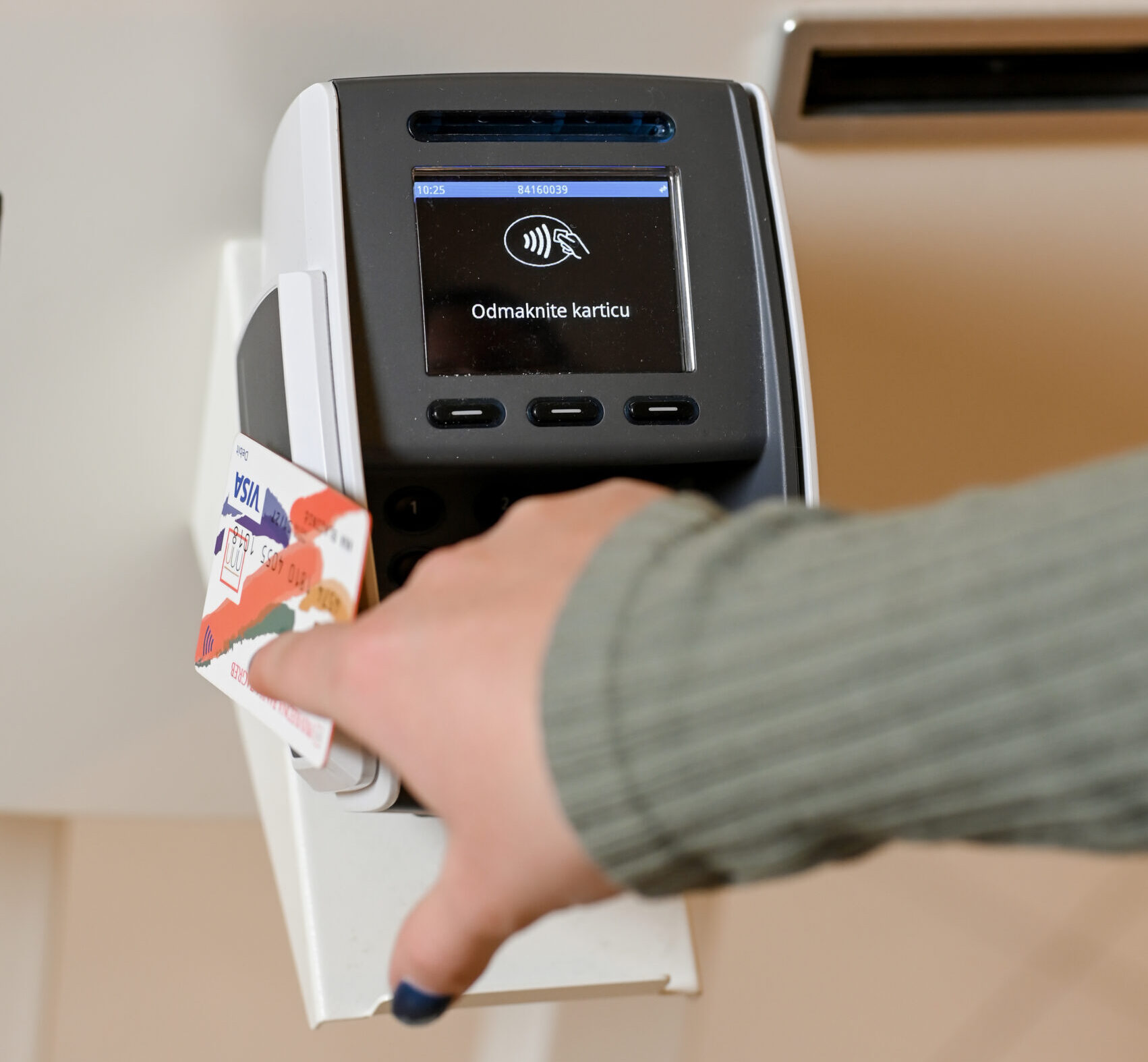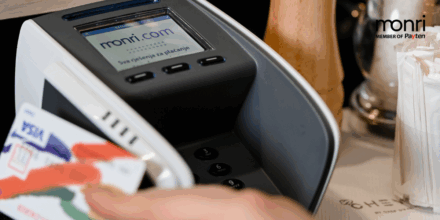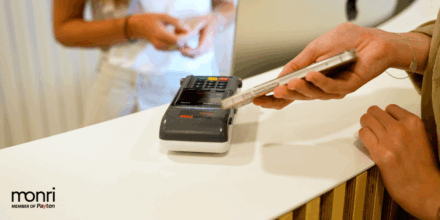There is an abundance of technology companies whose services we use daily without even realizing it, and the best part is that many of these companies were founded or have their headquarters in Croatia. One of these companies is definitely Monri Payments, a fintech company with headquarters in Zagreb, Sarajevo, and Belgrade, operating across the entire region and expanding into more and more European countries.
Three years after its founding and the revolution the company created in the field of card payments, Monri was acquired by the Polish group Payten. We spoke with Damir Čaušević, co-founder and CEO of Monri, about the company’s new products, business expansion, the future of payment solutions, and the upcoming fintech conference Money Motion, which will be held on March 27th and 28th.
“Our software is used by 6000 hospitality establishments in Croatia, over 1600 merchants have our POS terminals, and we collaborate with over 2000 merchants online. We are present in Croatia and seven other countries,” said Damir Čaušević for Jutarnji List, CEO of Monri Payments.
How present is Monri in our lives, and we probably don’t even know it?
Well, I’d say it’s harder to avoid us than to come across our services. If you paid by card today in a store, there’s more than a 30% chance that Monri processed your transaction. Whether it’s on a web shop or a physical retail location, one in four transactions in Croatia takes place through Monri’s infrastructure. In hospitality, those numbers are even higher. There’s a good chance that it was our cash register that issued the receipt for your coffee in a restaurant or café.
We divide our business into three segments. The first is cashless payments in physical stores, the second is online payments, because we don’t just work with credit and debit cards but also enable alternative payment methods, such as digital wallets. And the third segment is cash register solutions for hospitality establishments, shops, and similar businesses.

What would be Monri’s most important product, what sets you apart from the crowd, and what makes it special?
That would definitely be SinglePOS, our solution for accepting cards in stores, which allows merchants to accept cards from all banks, whether for one-time payments or installments. It operates on the principle of connecting to our central system, known as the switch, which recognizes the type of card and the bank that issued it, and then automatically directs the transaction to that bank. So, with our solution, merchants have the ability to replace those six terminals with just one, which recognizes the card and the bank on its own.
I believe you have quite a bit more in the “pipeline”; what are the next products you’re working on, and which markets do you plan to expand into?
Something that would be standard is that we try to gain as much market share as possible in the existing markets, and in markets where we haven’t fully rolled out all our products, we’re working on introducing them. In the coming weeks, we plan to launch in Moldova, starting with online payments. We’ve recently integrated with the first bank in Albania, and Romania is definitely one of our key focuses this year. It’s a huge market with 20 million residents. In addition to expanding into new markets, we’re also working on a crucial project for obtaining an e-money license from the Croatian National Bank (HNB). This e-money license will allow us to offer additional services and products, not just in Croatia, but across all EU markets.
Have you considered a more aggressive expansion pace?
New markets are always a challenge for us because customer support in the local language is incredibly important to us. So, the biggest part of entering a new market is actually establishing reliable customer support. While artificial intelligence and automation have eased some processes, merchants are still not fully satisfied with these methods when it comes to resolving issues. People still don’t like to interact with chatbots when it comes to customer support, as it’s a sensitive matter, involving their finances and cash registers. Support is a serious focus for us, and it’s something that sets us apart from our competitors in the market.
How did the idea for Money Motion come about?
Four years ago, to participate in similar conferences and meet people from our industry, we had to go to Amsterdam, Berlin, or London. I was talking to my friend Nikola Škorić, and then we shared the problem over drinks with Robert Penezić, Igor Gržalj, and Luka Sučić. We were all frustrated by the lack of local networking opportunities, especially since Croatia is very advanced in payments and fintech. We concluded that we had to organize the conference we were hoping for. We held the first conference at Lauba, where we hosted over 1200 visitors, and even then, we realized that we could do something bigger and more powerful. Last year we had 2000 participants, and this year we expect 2500.

You can read the whole article in Jutarnji list.



